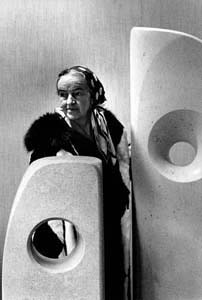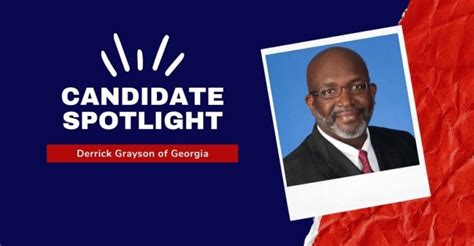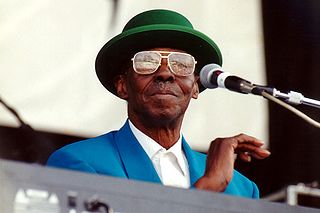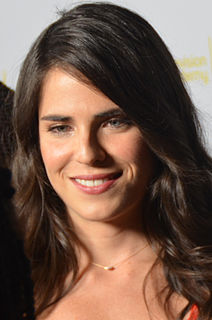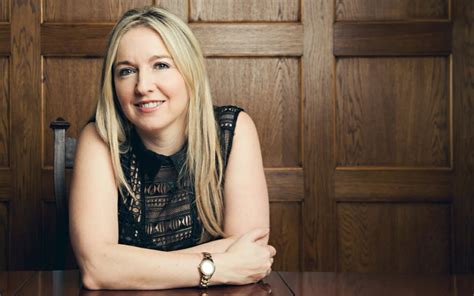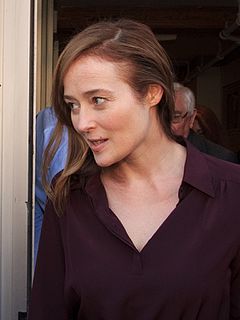A Quote by B. B. King
I was a regular hand when I was 7. I picked cotton. I drove tractors. Children grew up not thinking that this is what they must do. We thought this was the thing to do to help your family.
Related Quotes
My grandmother, who picked cotton, and my mom, who picked cotton as a child - my grandmother had a work ethic. She had 13 children that she had to raise and ended up for a time moving into the projects, but because my grandmother had a work ethic, she didn't stay in the projects... that's not how she wanted to raise her children.
But whatever the era, whatever the times, one thing will never change: Fathers and mothers, if you have children, they must come first. You must read to your children and you must hug your children and you must love your children. Your success as a family, our success as a society, depends not on what happens in the White House but on what happens inside your house
I remember, and I will never forget, one day - I was six years old and I was playing beside the road and this plantation owner drove up to me and stopped and asked me "could I pick some cotton." I told him I didn't know and he said, "Yes, you can. I will give you things that you want from the commissary store," and he named a huge list that he called off. I picked the 30 pounds of cotton that week, but I found out what actually happened was he was trapping me into beginning the work I was to keep doing and I never did get out of his debt again.
I think life is cotton candy on a rainy day. For those who grew up with cotton candy the old-fashioned way, it is very delicate. Pre-made cotton candy that has preservatives is not nearly as good or true. True cotton candy is sugar, color, and air and it melts very quickly. That was the metaphor - it can't be preserved, it can't be put aside, it can't be banked. It has to be experienced, like life.

